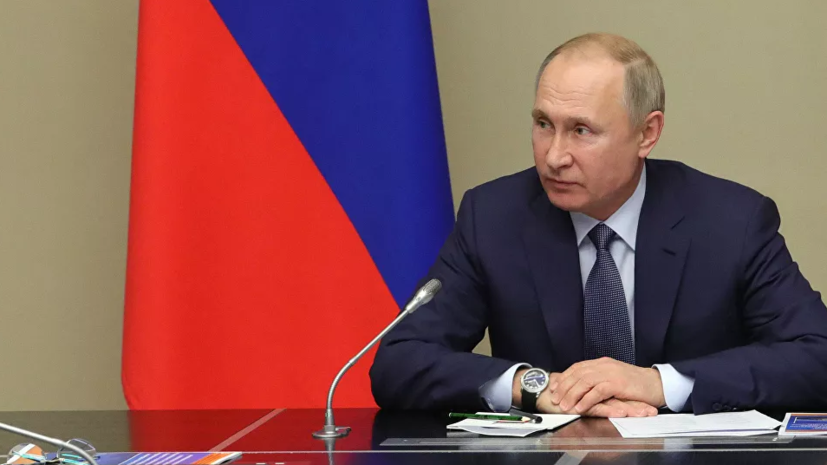“One and the same person cannot hold the post of president of the Russian Federation for more than two terms,” the document says.
It is also stipulated that the president of Russia can be a citizen who has reached 35 years of age, has been resident in the country for at least 25 years and who "has not and did not have previously" foreign citizenship or residence permit, or another document that confirms the Russian citizen’s right to permanent residence territory of a foreign state.
At the same time, the requirement for a candidate to have no citizenship of a foreign state does not apply to citizens who previously had citizenship of the state that was accepted or part of which was accepted into the Russian Federation in accordance with federal constitutional law, and who permanently resided in the territory of the state adopted in the Russian Federation or territory of a part of the state accepted into the Russian Federation.
On January 15, Putin, announcing a message to the Federal Assembly, agreed that the same person should not hold the office of president of Russia for more than two consecutive terms.
Later, the head of state also emphasized that the practice of unlimited tenure in power, which was characteristic of the late Soviet period, cannot solve the problem of transforming power and stability of the country.

